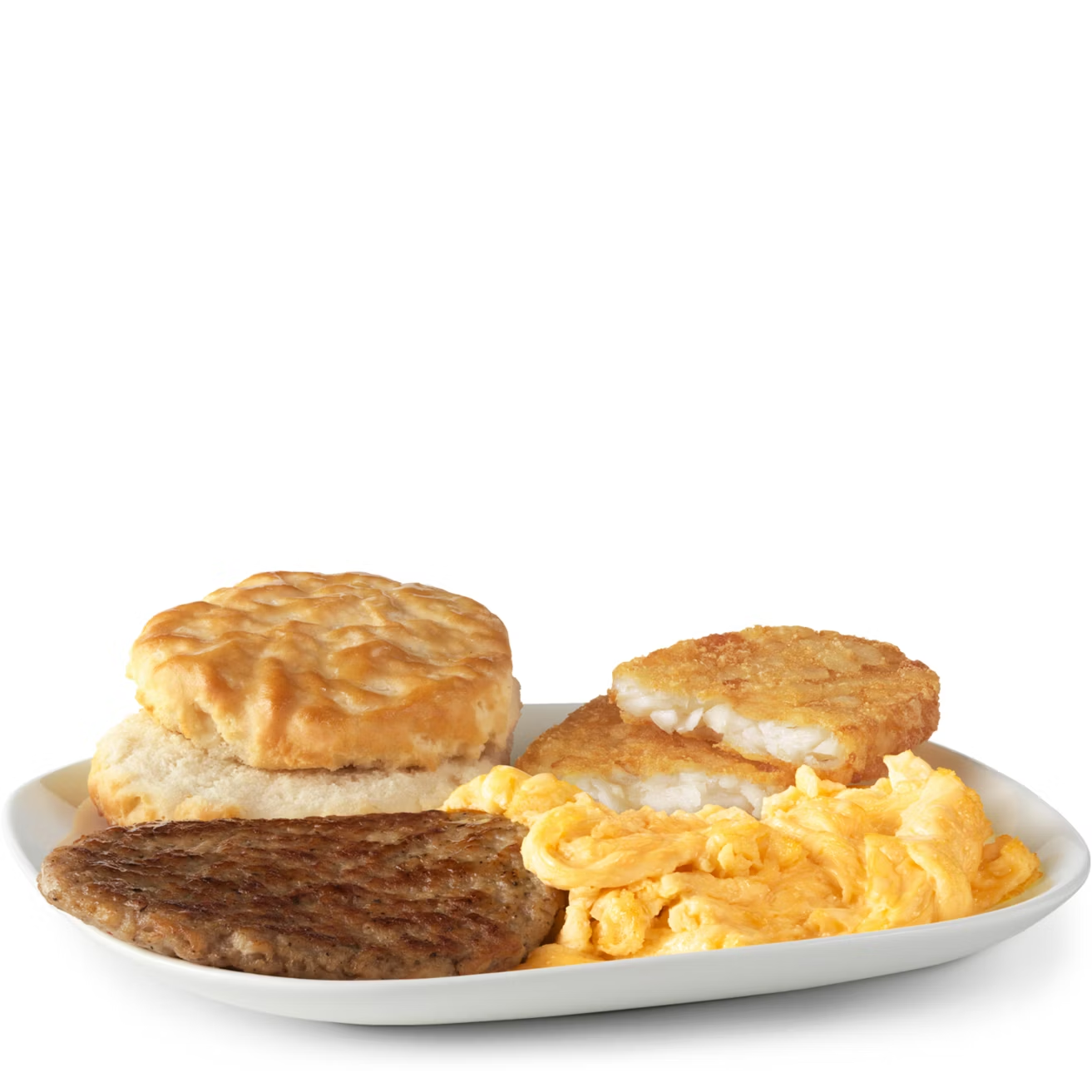Cheesecake Nutritional Information
Cheesecake, a popular and commonly prepared dessert, offers a delightful balance of creamy texture and rich flavor. Below is the detailed nutritional composition of a single serving, providing insights into its energy value, macronutrients, essential minerals, and vitamins.
Nutritional Information Per Serving
| Nutrient | Amount |
|---|---|
| Energy (kcal) | 321.0 kcal |
| Protein | 5.5 g |
| Total Fat | 22.5 g |
| Saturated Fats | 9.921 g |
| Carbohydrates | 25.5 g |
| Sugars | 21.8 g |
| Fiber | 0.4 g |
| Calcium | 51.0 mg |
| Iron | 0.63 mg |
| Magnesium | 11.0 mg |
| Phosphorus | 93.0 mg |
| Potassium | 90.0 mg |
| Sodium | 438.0 mg |
| Zinc | 0.51 mg |
| Copper | 0.02 mg |
| Manganese | 0.14 mg |
| Selenium | 5.2 mcg |
| Vitamin C | 0.4 mg |
| Thiamin (Vitamin B1) | 0.028 mg |
| Riboflavin (Vitamin B2) | 0.193 mg |
| Niacin (Vitamin B3) | 0.195 mg |
| Vitamin B6 | 0.052 mg |
| Folate | 15.0 mcg |
| Vitamin B12 | 0.17 mcg |
| Vitamin A | 159.0 mcg |
| Vitamin E | 0.56 mg |
| Vitamin D2 | 0.5 mcg |
Key Nutritional Insights
- Energy and Macronutrients: A serving of cheesecake provides 321 kcal, with a balanced composition of fats, carbohydrates, and protein. While rich in fats (22.5 g total, 9.921 g saturated), its carbohydrate content is moderate at 25.5 g, primarily driven by natural and added sugars (21.8 g).
- Minerals: Cheesecake contains essential minerals like Calcium (51 mg) and Phosphorus (93 mg), contributing to bone health. It also includes trace minerals like Iron (0.63 mg), Zinc (0.51 mg), and Selenium (5.2 mcg), supporting overall body functions and immunity.
- Vitamins: Cheesecake is a source of important vitamins such as Vitamin A (159 mcg), Riboflavin (0.193 mg), and Vitamin B12 (0.17 mcg), which contribute to vision health, energy production, and red blood cell formation. The presence of Vitamin E (0.56 mg) and small amounts of Vitamin D2 (0.5 mcg) adds further nutritional value.
Allergen Information
Cheesecake may contain or come into contact with common allergens, including:
- Dairy: Cream cheese, butter, milk, or cream are core ingredients.
- Eggs: Often used in traditional cheesecake recipes.
- Gluten: Present in the crust, typically made from graham crackers, flour, or cookies.
- Nuts: Some variations include nuts like almonds or pecans for texture or flavor.
- Soy: Ingredients like soy lecithin can sometimes be found in store-bought versions.
Individuals with allergies to the above ingredients should consult recipe specifics or product labels for clarification and opt for allergen-free alternatives where necessary.
Dietary Preferences
- Vegetarian-Friendly: Cheesecake is suitable for lacto-vegetarians who consume dairy and eggs.
- Non-Vegan: Traditional cheesecakes contain dairy and eggs, making them unsuitable for vegans. However, vegan alternatives with plant-based ingredients like tofu, cashews, or coconut cream can be used.
- Gluten-Free Options: Substituting regular crust ingredients with gluten-free cookies or almond flour allows cheesecake to be gluten-free.
- Low-Sugar and Keto-Friendly: Replacing sugar with low-carb sweeteners (like erythritol or stevia) and using almond flour-based crusts can adapt cheesecake for low-carb or ketogenic diets.
Serving Advice
- Portion Control: Cheesecake is rich in flavor and nutrients, so enjoying it in moderation is key, particularly for those monitoring their calorie, sugar, or fat intake.
- Pairing Suggestions: Serve cheesecake with fresh berries (like raspberries, blueberries, or strawberries) to enhance its flavor and add fiber. A drizzle of lemon curd or a dusting of cocoa powder can complement the richness of the dessert.
- Storage: Always refrigerate cheesecake and consume within 3–5 days for optimal freshness. Freezing portions is also an excellent way to extend shelf life without compromising taste or texture.
Conclusion
Cheesecake remains a beloved dessert worldwide, offering a luxurious texture and flavor while delivering essential nutrients like calcium, phosphorus, and vitamins A and B12. By adapting recipes to suit individual dietary needs—whether gluten-free, low-sugar, or vegan—it can cater to diverse preferences and lifestyles. Perfect for celebrations or indulgent treats, cheesecake, when enjoyed mindfully, can be a delightful addition to any occasion.











